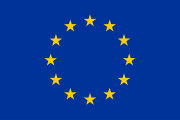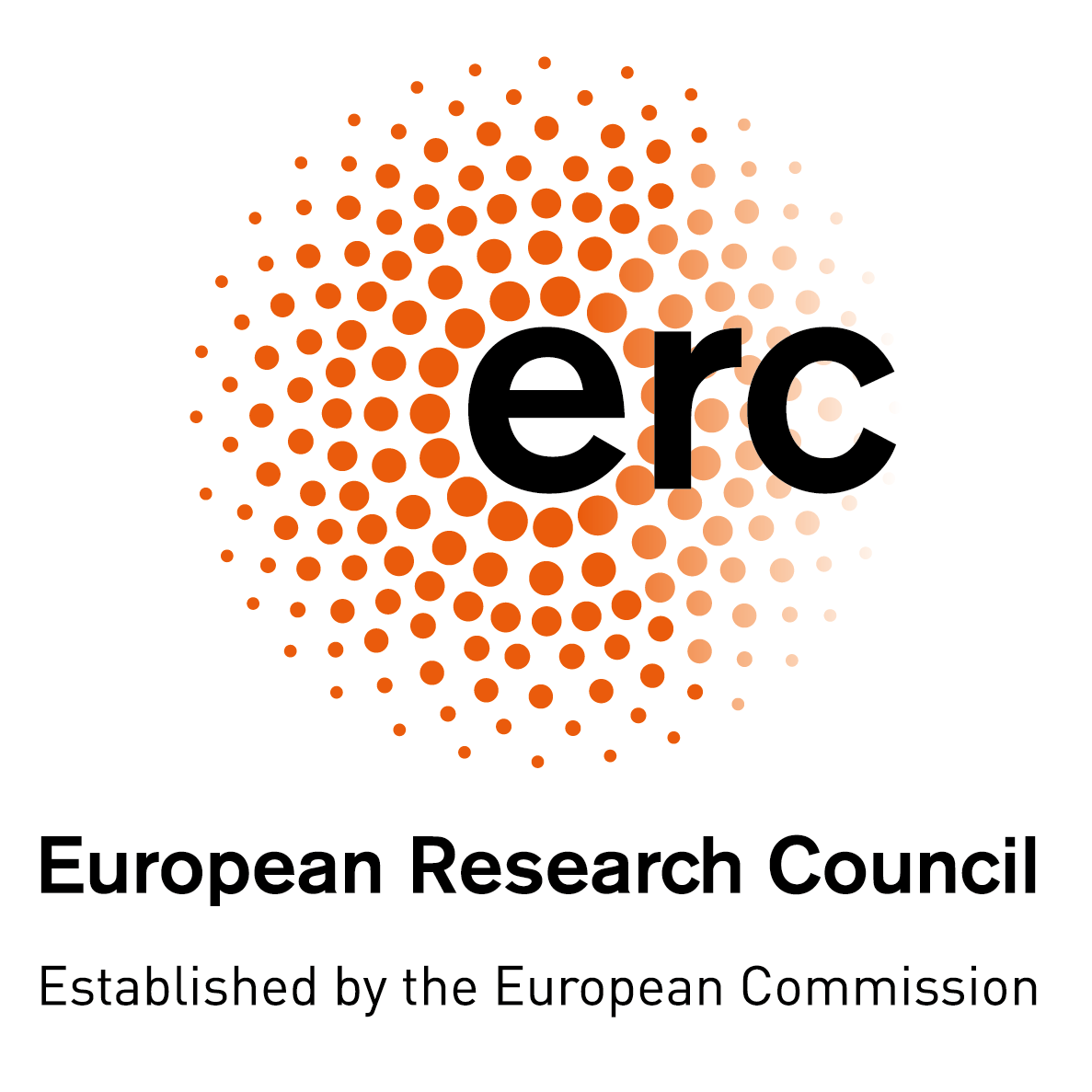Events
Focusing on the histories of one-party (single-party) regimes in Eastern Europe, East Asia, and West Asia in the twentieth century, the workshop explored the appropriation of the government’s role by extraconstitutional organizations and their claims to alternative paths to modernization in global and comparative contexts. The workshop addressed the geneses of one-party regimes, the roles of socialism and nationalism in the parties’ approaches to modernization and state-building, the constitutions and deliberative practices, the issues of diversity (such as gender, class, ethnicity, and region), as well as crises and liberalization attempts in China, Czechoslovakia, Japan, Korea, the Soviet Union, Turkey, Yugoslavia, and other postimperial and postcolonial polities. The workshop sought to stimulate the dialogue between historians, political scientists, and other scholars working on the named contexts and to breach the divide between different area studies.
The Workshop “Eurasian Parliamentary Practices and Political Mythologies” focused on the historical and “reestablished” institutions of collective decision making on the territories of the former Russian, Qing, and Ottoman Empires, as well as adjacent regions of Eastern Europe, Inner and East Asia, and explored parliamentary practices and political mythologies in these parts of Eurasia. The organizers sought to stimulate the dialogue between historians, political scientists, anthropologists, and other scholars working on the named contexts, as well as to breach the divide between different area studies. The goal of the workshop was to present well-researched historical studies of institutions of collective and deliberative decision making in indigenous, imperial, and post-imperial contexts and outline the use of the concepts, stemming from the practices of these institutions, and the appeals to historical practices in modern and contemporary political mythologies. The workshop sought to contribute to the history of concepts and the study of contemporary political mythologies and practices in both theoretical and empirical terms by bringing the material in a variety of non-European languages into the international academic discussion and tracing the exchange in practices and ideas across Eurasia.



